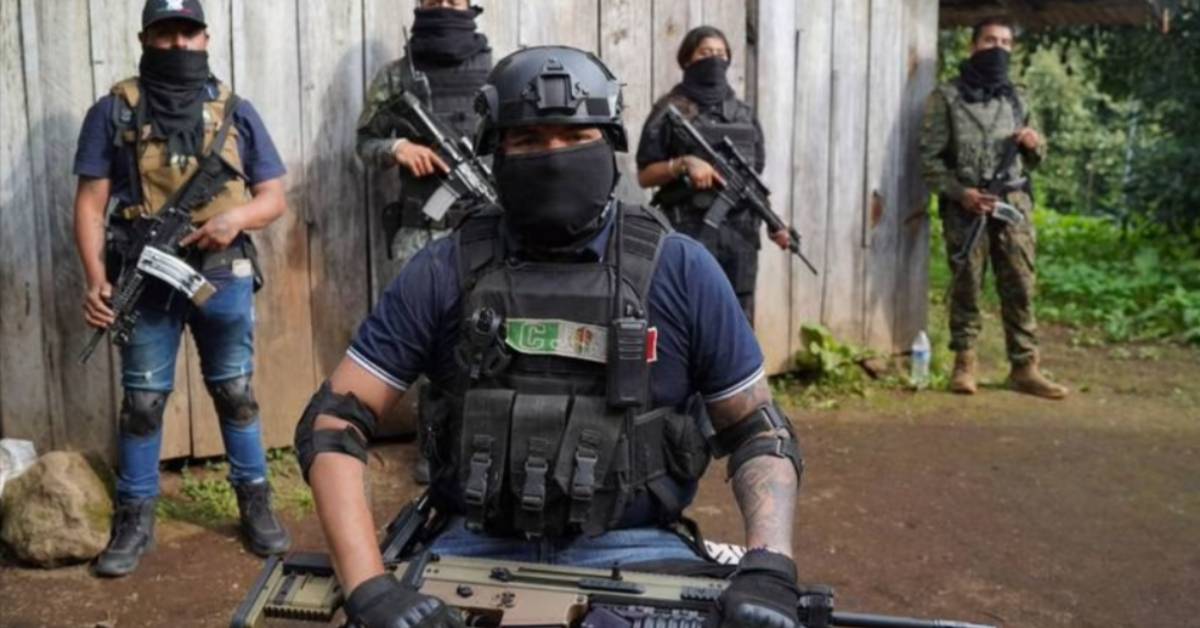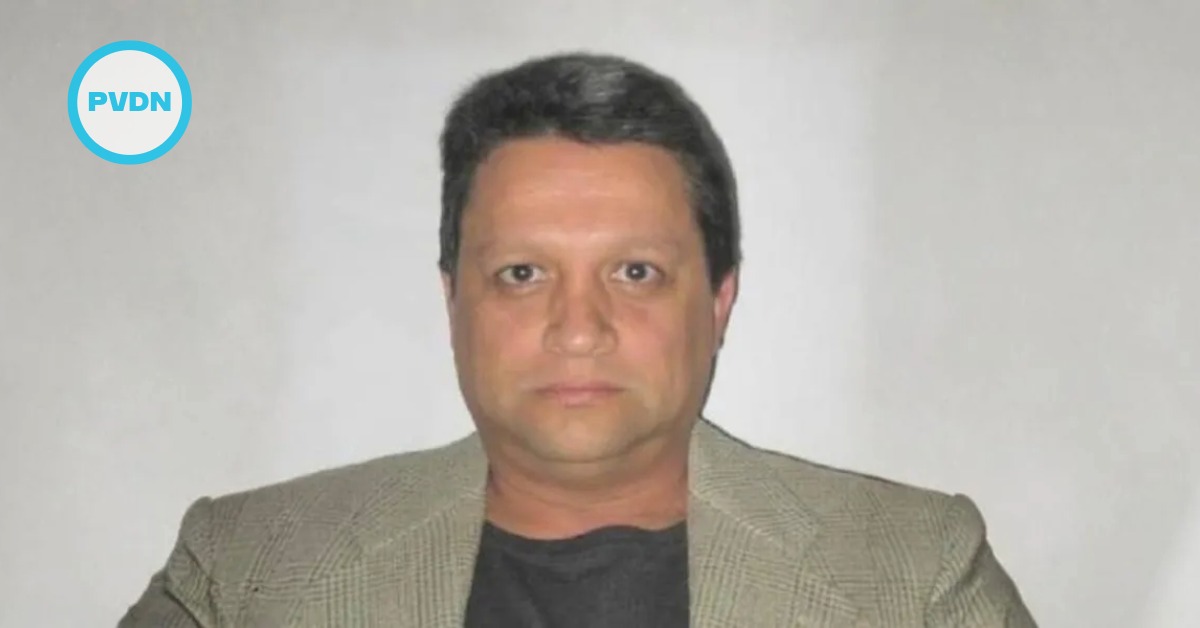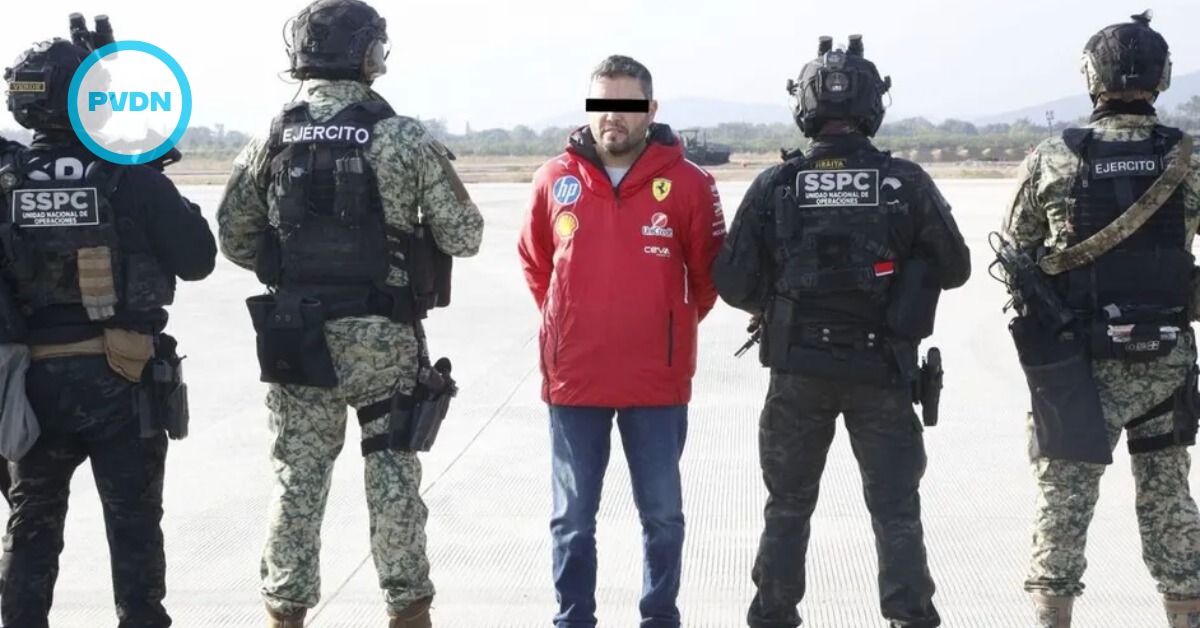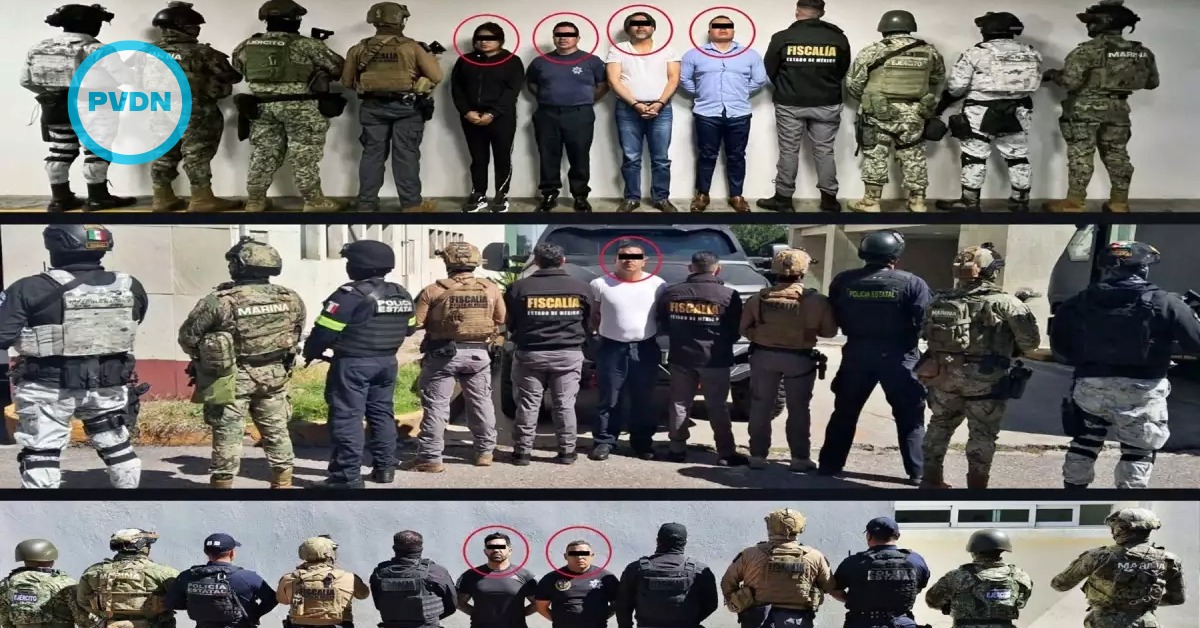Puerto Vallarta, Mexico - The United States government has formally designated six Mexican cartels and two South American gangs as international terrorist organizations, a move likely to further strain U.S.-Mexico relations. The designation was confirmed Wednesday in a brief note published in the Federal Register, the official journal of the U.S. government, by Secretary of State Marco Rubio, head of U.S. foreign policy.






